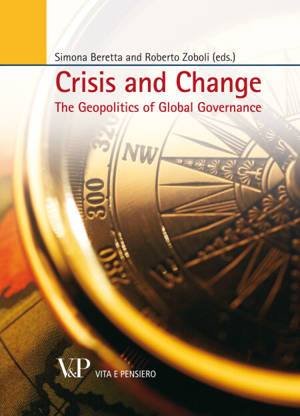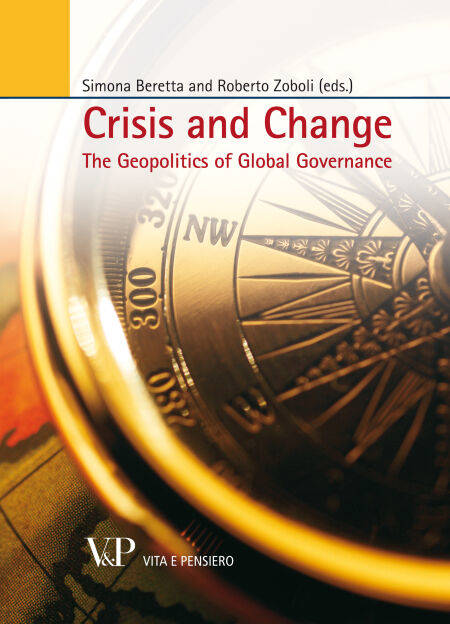
- Afhalen na 1 uur in een winkel met voorraad
- Gratis thuislevering in België vanaf € 30
- Ruim aanbod met 7 miljoen producten
- Afhalen na 1 uur in een winkel met voorraad
- Gratis thuislevering in België vanaf € 30
- Ruim aanbod met 7 miljoen producten
Zoeken
€ 13,99
+ 13 punten
Omschrijving
How did the "worst global crisis after 1929" actually change global governance? The crisis accelerated some dynamics of structural change that were already building in some regions; yet, it still did not change much of the way global governance is conceived and practiced. The aftermath of the crisis confirms the intuition behind the Global Governance in a Plural World project: managing "diversity" represents the single emerging problem for global governance. In facts, increasing regional plurality, driven by the surge of new economic and possibly political powers, is here to stay. This volume assesses the economic and financial crisis, with a view to both its deep roots and its unaddressed implications; it offers some interpretations of post-crisis geo-political and geo-economic developments; it highlights how the crisis interplays security issues.
Specificaties
Betrokkenen
- Auteur(s):
- Uitgeverij:
Inhoud
- Aantal bladzijden:
- 358
- Taal:
- Engels
- Reeks:
Eigenschappen
- Productcode (EAN):
- 9788834323304
- Verschijningsdatum:
- 17/12/2012
- Uitvoering:
- E-book
- Beveiligd met:
- Digital watermarking
- Formaat:

Alleen bij Standaard Boekhandel
+ 13 punten op je klantenkaart van Standaard Boekhandel
Beoordelingen
We publiceren alleen reviews die voldoen aan de voorwaarden voor reviews. Bekijk onze voorwaarden voor reviews.








